Gallery
Photos from events, contest for the best costume, videos from master classes.


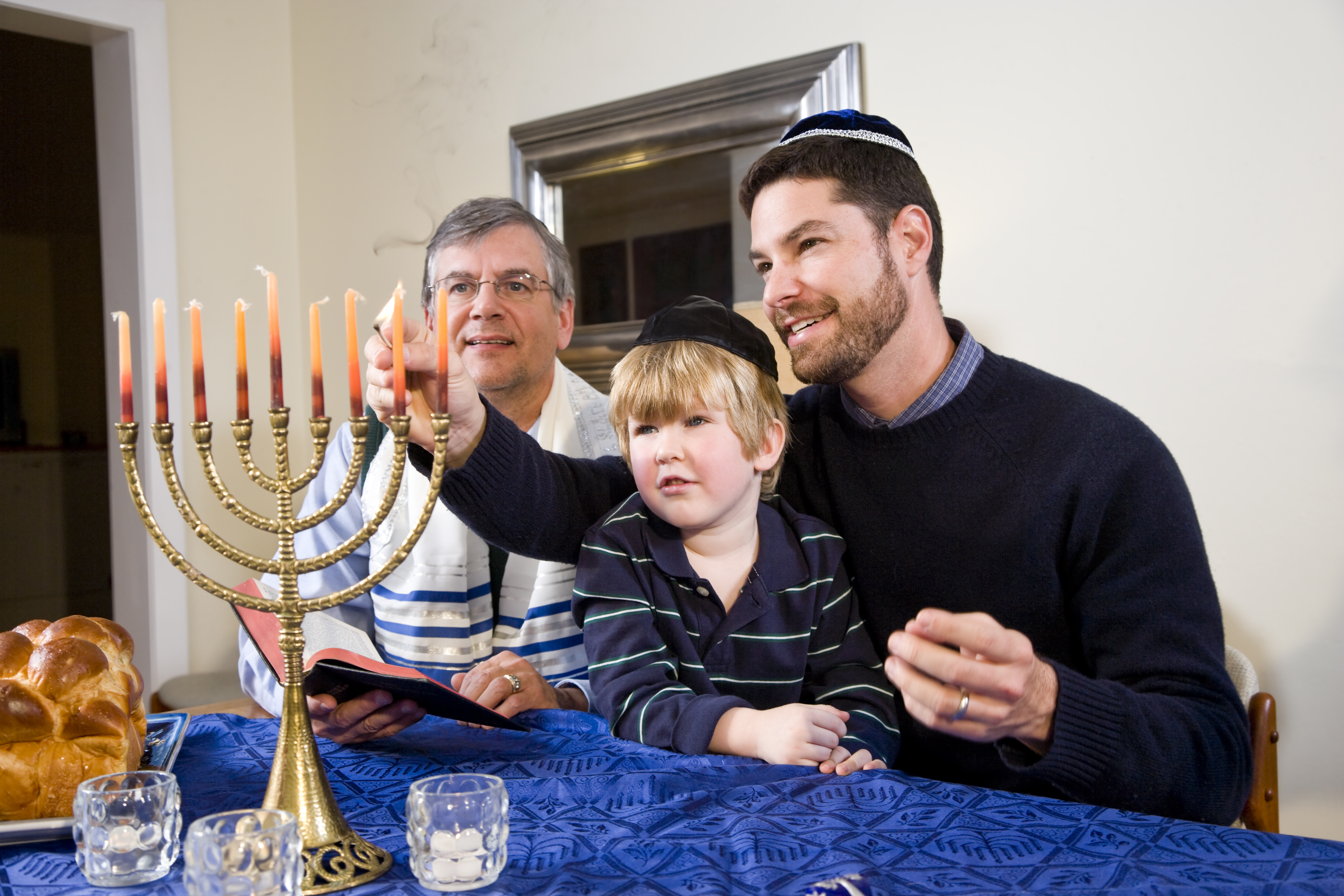
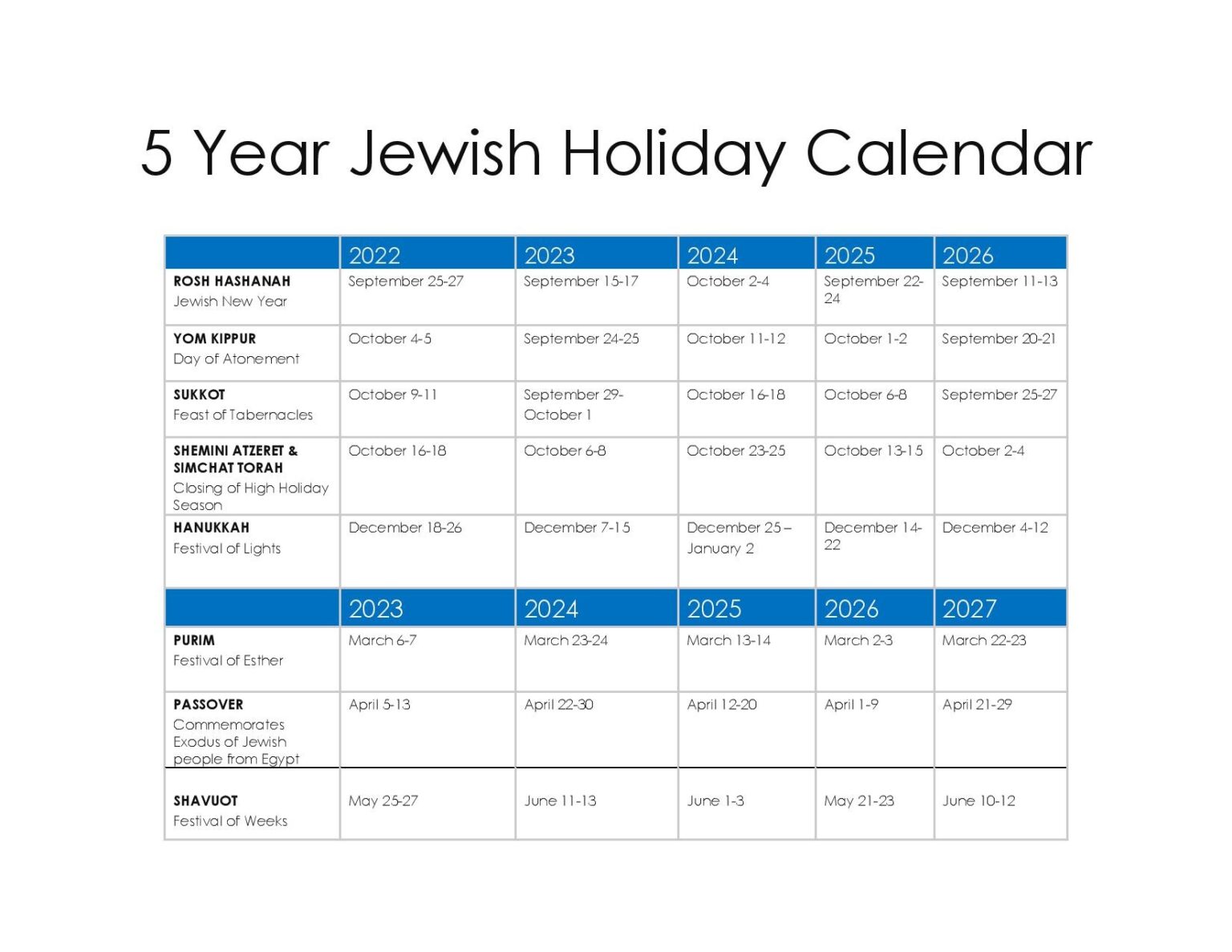
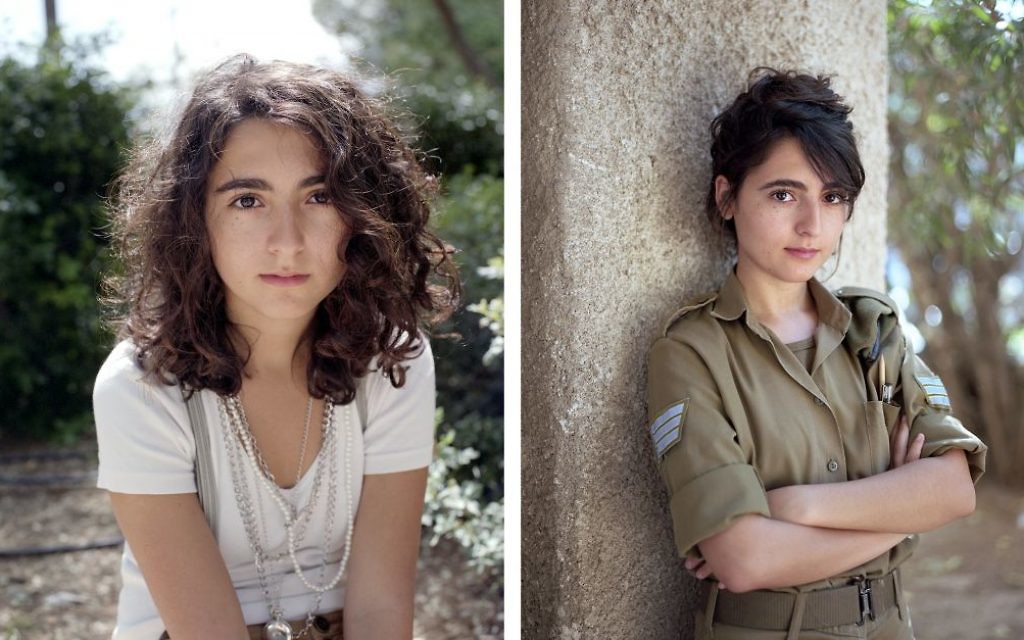

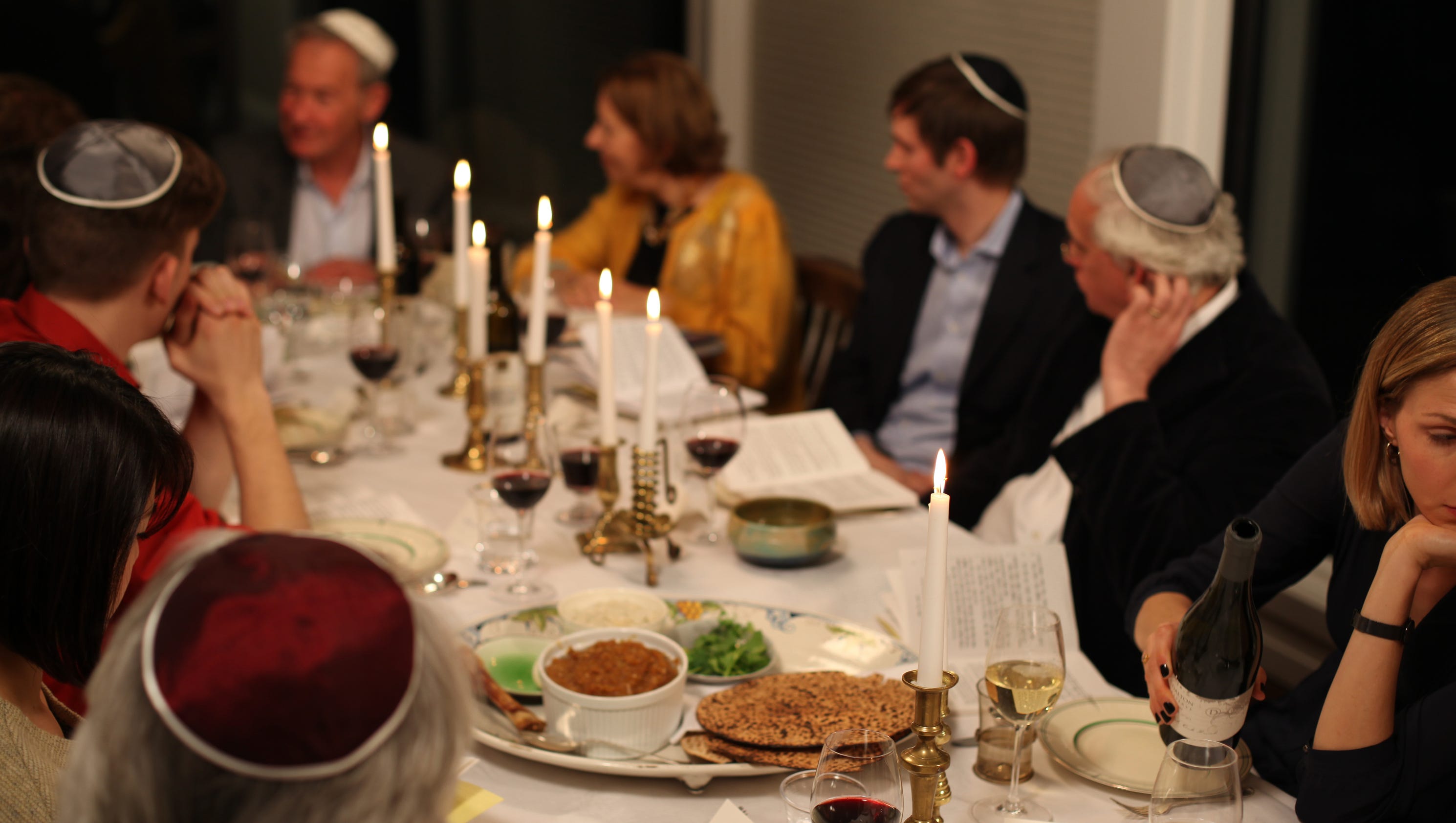

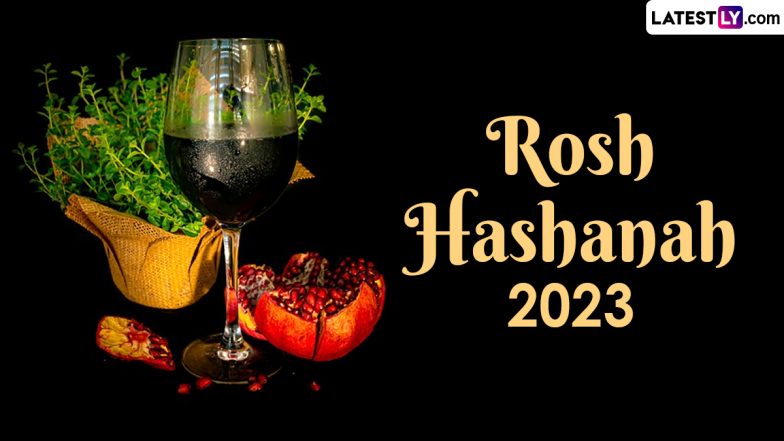



1 Tishrei - New Year for Years. Rosh Hashanah, the 1st of Tishrei, is the Jewish New Year. The Mishnah 7 describes it as “The New Year for years, Shemitah, Jubilee, for planting and [tithing] vegetables.” Rosh Hashanah is a Jewish holiday marking the first and second days of the Jewish year. (In 2024, Rosh Hashanah begins at sundown on Wednesday, October 2, and continues through nightfall on Friday, October 4). It’s the day G‑d created Adam and Eve, and it’s celebrated as the head of the Jewish year. Rosh Hashanah begins October 2, 2024, at sundown and it concludes at nightfall on October 4, 2024. When Is Rosh Hashanah in Other Years? Rosh Hashanah, the Jewish New Year, falls on the Hebrew calendar dates of 1 and 2 Tishrei. Here are the coinciding secular dates for the upcoming years: Rosh Hashanah (Hebrew: רֹאשׁ הַשָּׁנָה, Rōʾš hašŠānā, lit.'head of the year') is the New Year in Judaism. The biblical name for this holiday is Yom Teruah (יוֹם תְּרוּעָה, Yōm Tərūʿā, lit.'day of shouting/blasting'). Rosh Hashanah, the Jewish new year, is a fall holiday, taking place at the beginning of the month of Tishrei, which is actually the seventh month of the Jewish year (counting from Nisan in the spring). Rosh Hashanah, the Jewish New Year, is one of Judaism ’s holiest days. Meaning “head of the year” or “first of the year,” the festival begins on the first day of Tishrei, the seventh month of Rosh Hashana, a major two-day Jewish observance now accepted as inaugurating the religious New Year on Tishri 1 (September or October). Because the New Year ushers in a 10-day period of self-examination and penitence, Rosh Hashana is also called the annual Day of Judgment; during this period Jews review their individual relationships with God H. Tadmor argued that in the biblical period, Nisan was the new year in the kingdom of Judea while Tishrei was new year in the northern kingdom of Israel. In the Qumran literature, Nisan is always the new year. Rosh Hashanah (the Jewish New Year) is simultaneously a time of great celebration and subtle trepidation. It is a day to celebrate our creation, but also a day of accounting and judgment for our actions. On Rosh Hashanah, we relate to God as the ultimate judge. Rosh Hashanah, or the Jewish New Year, began on evening Oct. 2 and last through the evening on Oct. 4 this year. Here's what to know about the holiday. What: Rosh Hashanah is the birthday of the universe, the day G‑d created Adam and Eve, and it’s celebrated as the head of the Jewish year. When: Rosh Hashanah is observed on the first two days of the Jewish new year, Tishrei 1 and 2, beginning at sundown on the eve of Tishrei 1. Yom Kippur is the holiest day on the Jewish calendar and also one of the most somber commemorations of the year. Jewish adults observing Yom Kippur typically will fast for around 25 hours What to know about the Jewish New Year Rosh Hashanah, meaning "head of the year" in Hebrew, is the celebration of the Jewish New Year. Many people attend services at a temple or synagogue The second new year is 15 Shevat, the New Year for trees. Most Jewish sources consider 15 Shevat as the New Year both for designating fruits as orlah (that is, forbidden to eat, because they have grown during the first three years after a tree’s planting) and for separating fruits for tithing. (Some sources, however, consider 1 Tishrei to be As such, Jewish greetings for this time of year (the Jewish New Year is in the fall) reflect our prayers for a good, sweet year up ahead. The catch-all Jewish new year greeting for the entire season is “Shanah tovah” (שנה טובה), which means “Good year.” What: Rosh Hashanah is the birthday of the universe, the day G‑d created Adam and Eve, and it’s celebrated as the head of the Jewish year. When: Rosh Hashanah is observed on the first two days of the Jewish new year, Tishrei 1 and 2, beginning at sundown on the eve of Tishrei 1. Rosh Hashanah is the birthday of the universe, the day G‑d created Adam and Eve, and it’s celebrated as the Jewish New Year.Rosh Hashanah 5785 begins at sundown on the eve of Tishrei 1 (Oct. 2, 2024) and ends after nightfall on Tishrei 2 (Oct. 4, 2024). Rosh Hashanah is the Jewish New Year (Rosh- head, Hashanah- the year). Jewish people go to temple to pray for a healthy and prosperous new year and hear the Ram's Horn (shofar) blown to call them to attention to repent for their misdeeds. It is the beginning of the Ten Days of Repentance which ends on Yom Kippur (Day of Atonement). Reply Jewish people welcome the new year in September or October, not January, in observance of the lunisolar Hebrew calendar. Rosh Hashanah begins on the first day of Tishri, the first month of the In Persian Jewish communities, moadim shalom (“peaceful holiday”) is met with sad sal be salhaye khob (“may you reach 100 good years”). Persian Jews also use the expression sale no mobarak (“happy new year”) for both the Jewish New Year, the secular New Year on January 1st, and the Persian New Year, Nowruz.
Articles and news, personal stories, interviews with experts.
Photos from events, contest for the best costume, videos from master classes.











